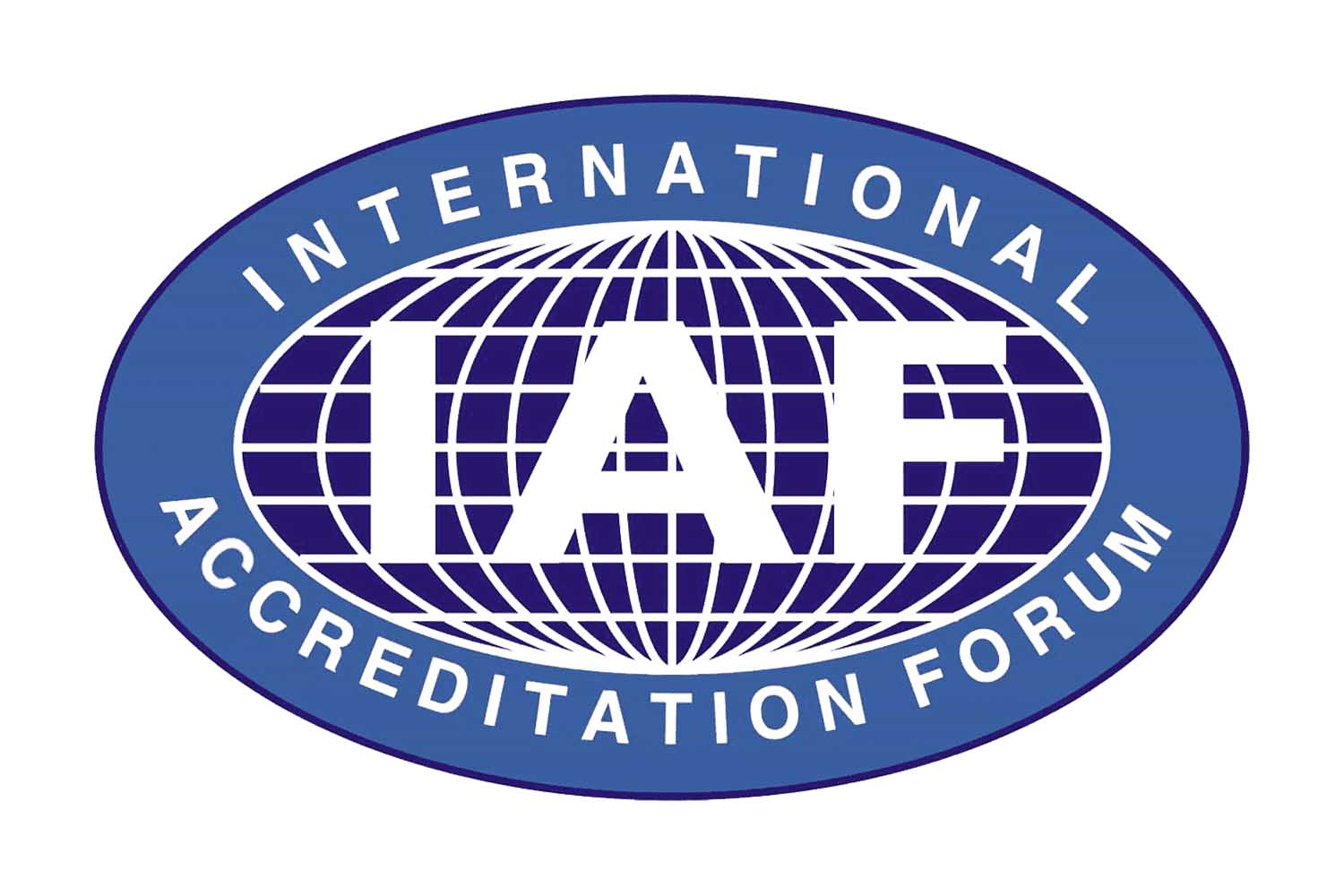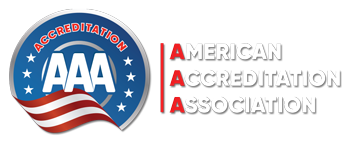Many of us have responded to the COVID-19 pandemic by changing how we operate our businesses and organizations, including by implementing remote work policies and technologies that will have an enduring effect on our practices. Almost every aspect of our lives was impacted and this includes the standards and accreditation community.
Certification Bodies (CBs) for persons that offer competency-based credentials were not spared in their need to respond to the pandemic. Candidates found it difficult to schedule examinations, while CBs found themselves having to change how they measure the required knowledge and skills. Accreditation Bodies (ABs) found themselves having to assess CBs to standards such as ISO/IEC 17024 without traveling to the CB’s site, while governments and regulators found themselves expediting the pathways to credentials in order to keep up with the need for workers in critical areas like healthcare and emergency medicine.
The biggest impact from the pandemic was the elimination of travel, which resulted in:
Candidates for certification not being able to travel to examination centers for testing.
Subject Matter Experts (SMEs) not being able to travel to update and maintain certification schemes for CBs.
Accreditation Assessors not being able to travel to conduct conformity assessment activities.
Candidates not being able to travel to examination centers has resulted in changes as well as new innovations in testing. The biggest change was wide-scale adoption of online/remote proctoring (invigilation) where a candidate writes an examination on a computer containing a camera and the invigilator, located at another site, observes the candidate through the camera. The invigilator ensures the candidate is not accessing unapproved visual aids, not recording the test questions, and is following the CB’s exam administration policies and procedures. There is not consensus as to whether online proctoring is acceptable for high stakes examinations and if the science/technology is sufficiently advanced to ensure a valid, reliable, fair and secure examination. However, due to the necessity of providing access to examinations, adoption of online proctoring occurred anyway. It is unknown whether CBs who moved to online proctoring will revert back once the pandemic is over.
Candidates not being able to travel to examination centers has resulted in changes as well as new innovations in testing. The biggest change was wide-scale adoption of online/remote proctoring (invigilation) where a candidate writes an examination on a computer containing a camera and the invigilator, located at another site, observes the candidate through the camera. The invigilator ensures the candidate is not accessing unapproved visual aids, not recording the test questions, and is following the CB’s exam administration policies and procedures. There is not consensus as to whether online proctoring is acceptable for high stakes examinations and if the science/technology is sufficiently advanced to ensure a valid, reliable, fair and secure examination. However, due to the necessity of providing access to examinations, adoption of online proctoring occurred anyway. It is unknown whether CBs who moved to online proctoring will revert back once the pandemic is over.
Another change was the shift from performance or practical examinations to computer-based examinations. When combined with online proctoring, this shift allowed CBs for persons to continue to certify persons while travel and in-person activities were restricted.
CBs rely on the participation of SMEs to provide the expertise to conduct examination development and ongoing maintenance activities. With travel being restricted, CBs had to move from in-person meetings to remote meetings. The switch to remote meetings for examination development activities resulted in the meetings taking much longer (instead of one three-day meeting there were 12 weeks of two-hour meetings). Additionally, some SMEs indicated they were not as interested in participating anymore because their volunteer participation was based on the socialization and interaction that occurred at the in-person meetings.
Examination and credential development may have suffered marginally as CBs continued operating their certification programs in a holding pattern. Some CBs realized it is less expensive to hold virtual meetings than to physically bring experts together. It is hopeful that CBs will not continue with the virtual model and will return to meeting in person once the pandemic ends.
ABs moved to remote assessments due to the inability of assessors to travel to CB locations. In some cases, ABs also extended accreditation expiration periods to allow CBs the opportunity to implement full operational services again. It is likely that after the pandemic is over, ABs will have a combination of in-person and virtual.
Another impact from COVID-19 was the temporary or permanent closure of businesses and organizations, including CBs for persons. Because operations ceased, for CBs this meant no applications were processed for new candidates, many recertification applications were not processed, and in some cases, even phone calls and emails were not answered. Many testing centers shut down so candidates couldn’t write examinations. Because of the inability to recertify certified persons, some CBs opted to extend the certification expiry period for six months or longer.
As operations came to a halt and examinations of candidates slowed, the number of qualified workers and professionals entering professions reduced. While this was acceptable for many professions due to the closure of businesses, in the healthcare sector, the need for nurses, physicians and other healthcare workers to staff hospitals and address the increase in pandemic patients was at an all-time high. Thus, in some jurisdictions, decisions were made to bring back retired workers with expired licenses and certifications or to allow professionals (nurses, etc.) to practice despite not having completed the educational and testing requirements for full certification.
The pandemic has significantly impacted how CBs for persons as well as ABs operate. In some cases, practices were changed for the sake of keeping operations going. It remains to be seen how many of these changes will be kept.
Cynthia Woodley
Chief Operations Officer and Psychometrician
Professional Testing, Inc.
Chief Operations Officer and Psychometrician
Professional Testing, Inc.

